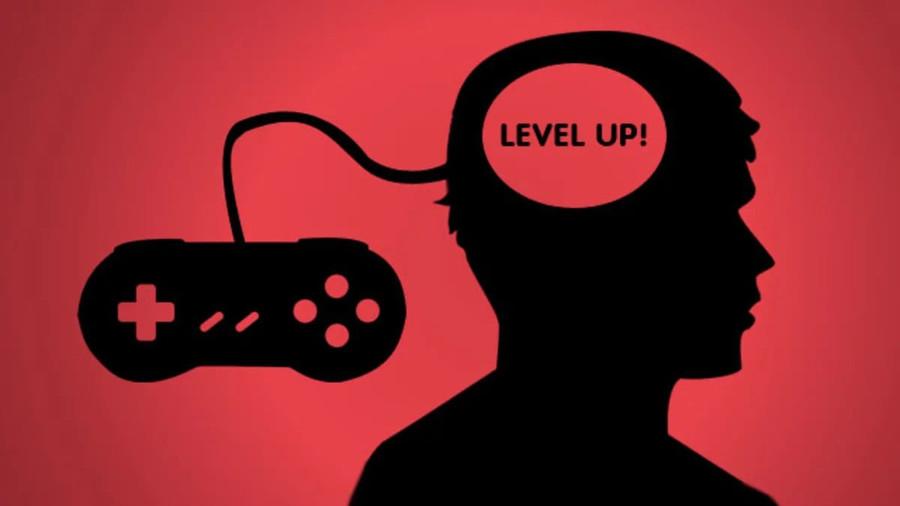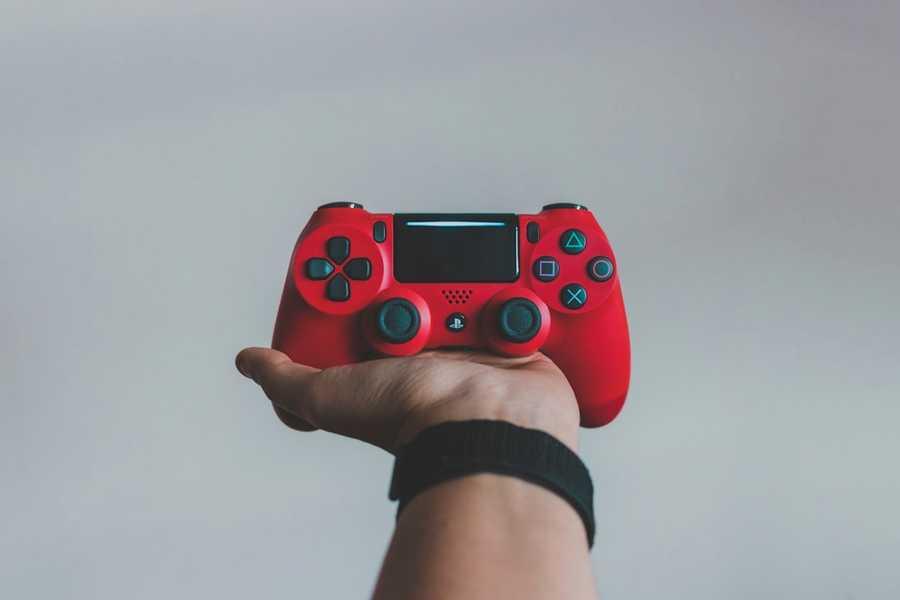Computer Games Help You 'Level-Up' In General
Treating life like a computer game could improve your general quality of life. If you think of yourself as a level 1 character you might be able to identify areas in need of improvement.
Work in those abilities and keep track of your progress. Gamify aspects of your life and use the strategies you've developed in games in real-life to hone your skills and reach your goals.
327
698 reads
The idea is part of this collection:
Learn more about health with this collection
Strategies for building self-confidence
Techniques for embracing your strengths and accomplishments
Tips for seeking support and feedback
Related collections
Similar ideas to Computer Games Help You 'Level-Up' In General
PAUSE - What Level Are You Currently At?
- What level are you currently at for each area of your life (physical fitness, emotional well-being, relationships, career, and so on)?
- How can you move up to the next level?
- How can you make the action that you need to take fun?
Read & Learn
20x Faster
without
deepstash
with
deepstash
with
deepstash
Personalized microlearning
—
100+ Learning Journeys
—
Access to 200,000+ ideas
—
Access to the mobile app
—
Unlimited idea saving
—
—
Unlimited history
—
—
Unlimited listening to ideas
—
—
Downloading & offline access
—
—
Supercharge your mind with one idea per day
Enter your email and spend 1 minute every day to learn something new.
I agree to receive email updates

